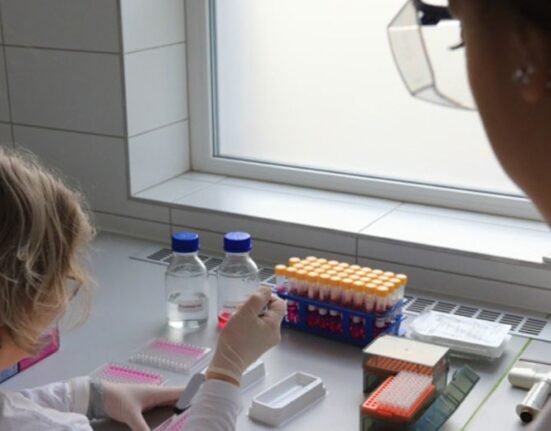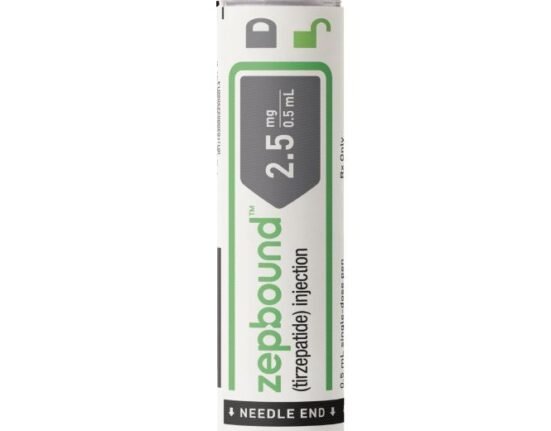HQ Team
November 22, 2023: Stanford researchers have developed a promising hydrogel-based delivery system that will potentially transform diabetes treatment. This innovative technology, tested successfully in rats, will help reduce the frequency of insulin injections drastically to only a few times a year.
The latest diabetes treatment involves drugs mimicking the glucagon-like peptide 1 (GLP-1) hormone, crucial for insulin release and appetite reduction. Drugs like Ozempic and Mounjaro, approved by the FDA, fall into this category, demonstrating additional benefits such as weight loss. Typically administered weekly, these drugs provide an alternative to daily insulin shots. However, the need for regular injections poses a considerable challenge for patients, and this is precisely what the Stanford team aims to address.
Easy management of insulin intake
Eric Appel, the principal investigator on the study, emphasized, “Adherence is one of the biggest challenges in Type 2 diabetes management. Needing only three shots a year would make it much easier for people with diabetes or obesity to stick with their drug regimens.”
To achieve this breakthrough, the researchers developed a hydrogel infused with GLP-1 molecules, injectable under the skin. This hydrogel gradually dissolves and releases drugs at the appropriate dosage over an extended period. The team designed the hydrogel to be fluid enough for injection with regular syringes, stable enough to last several months, and small enough to avoid causing discomfort to the patient. In tests on rats with type 2 diabetes, injections of the drug-loaded hydrogel every 42 days demonstrated superior blood glucose and weight management compared to daily shots of conventional drugs.
The 42-day routine in rats, equivalent to four months in humans, aligns with regular checkup schedules, offering patients the convenience of incorporating shots into routine doctor visits. The researchers note that they have the flexibility to adjust the hydrogel to release drugs over a few days or up to six months, potentially making it an effective delivery system for various drugs, including anti-inflammatories or cancer therapies.
The next phase of testing will involve pigs, chosen for their more human-like skin and endocrine systems. Human trials could commence within the next 18 to 24 months, marking a significant step toward transforming diabetes management.
The research findings are published in the journal Cell Reports Medicine.








